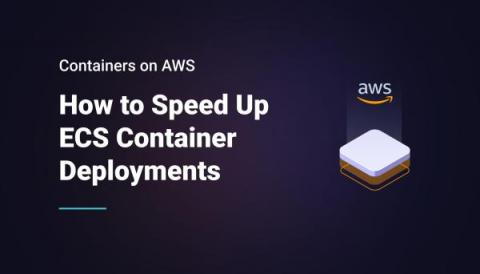Announcing support for Amazon EKS Blueprints
Amazon Elastic Kubernetes Service (EKS) is a managed container service designed to deploy and scale cloud-based or on-premise Kubernetes applications. AWS released EKS Blueprints to provide customers with a framework for creating internal development platforms on EKS.











